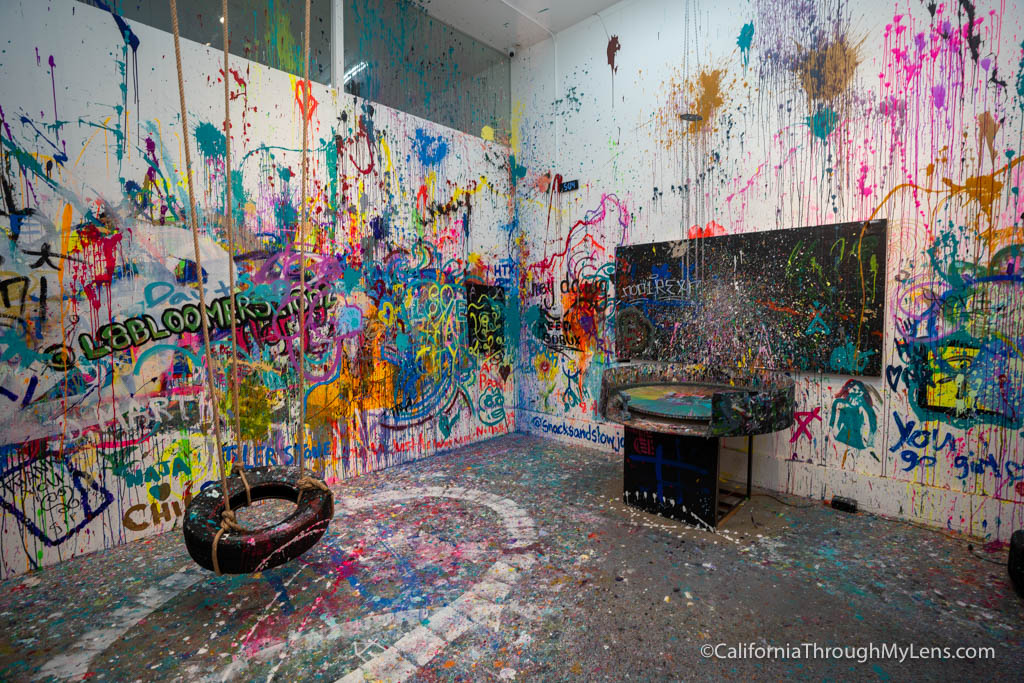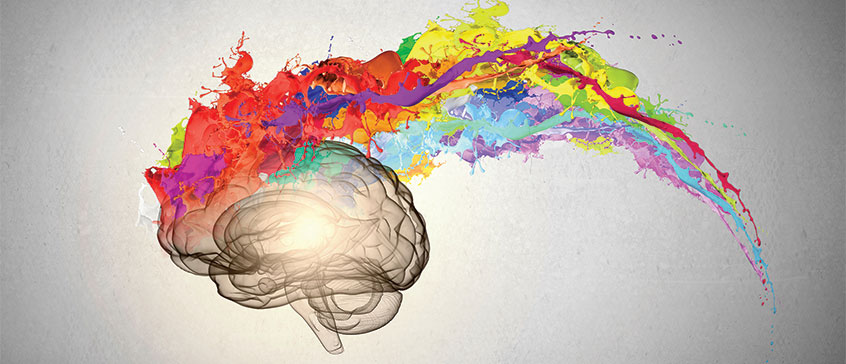Digging Into the Diverse World of Artistic Expression: From Surrealism to Abstract Realistic Look
In the world of creative expression, from the dreamlike landscapes of surrealism to the intricate play of light and type in abstract realism, musicians have continually pressed the limits of imagination and imagination. As we explore the complex world of art, we are offered with a tapestry of designs, techniques, and viewpoints that challenge our understanding and provoke consideration.
Surrealism: Letting Loose the Subconscious
Surrealism, an avant-garde imaginative activity of the 20th century, looked into the midsts of the subconscious, introducing a globe of dream-like imagery and non-traditional associations. Headed by musicians like Salvador Dali, René Magritte, and Joan Miró, Surrealism sought to test the traditional means of seeing and comprehending art. With techniques such as automatism and dream analysis, Surrealist musicians intended to use the subconscious mind to disclose covert realities and wishes.
One of the crucial elements of Surrealism was the focus on the irrational and the incredible. By integrating unforeseen components in their works, Surrealist musicians intended to develop a feeling of disorientation and shock in the customer. This disturbance of reasoning and factor was meant to prompt a deeper exploration of the subconscious and the mysteries of the human psyche.
Abstract Realistic Look: Redefining Perception
Challenging standard creative limits, Abstract Realistic look redefines assumption via the fusion of identifiable aspects with abstract forms. This innovative method to art integrates the representational precision of realistic look with the imaginative freedom of abstraction, offering audiences an unique aesthetic experience that prompts them to question their perception of fact.
In Abstract Realistic look, musicians make every effort to record the essence of their subjects while likewise infusing their collaborate with a feeling of depth and intricacy via abstract aspects. By mixing the aware of the strange, these artists invite audiences to involve with their items on numerous levels, motivating them to explore the subtleties of shade, form, and structure.

Cubism: Breaking Up Fact
Using geometric kinds and fragmented point of views, Cubism changed the artistic depiction of truth in the very early 20th century. Created by Pablo Picasso and Georges Braque, Cubism sought to test standard ideas of perspective and depiction. By damaging down objects and figures right into geometric forms and presenting them from multiple perspectives simultaneously, Cubist musicians intended to catch the essence of the subject instead than its literal appearance. This strategy not just deconstructed reality yet additionally stressed the flatness of the canvas, leading the way for future abstract art movements.

Cubism can be categorized right into two main stages: Analytical Cubism, identified by single color plans and complex, fragmented forms; and Synthetic Cubism, which integrated collection elements and brighter shades right into the compositions. Through these distinctive phases, Cubism affected not only painting however also sculpture, style, and layout. trump art. Its impact resounded throughout the art world, motivating artists to explore new ways of analyzing and representing the world around them
Expressionism: Feelings on Canvas
Exploring the midsts of human emotions with dazzling and meaningful brushstrokes, Expressionism became a profound imaginative activity in the early 20th century. Unlike previous art motions that concentrated on showing the external globe, Expressionism looked into the interior realm of the musician's psyche, aiming to stimulate raw emotions and provoke visceral actions from audiences.
Expressionist musicians, such as Edvard Munch, Egon Schiele, and Emil Nolde, turned down typical concepts of appeal and realistic look for distorting type and color to convey subjective sensations. Using exaggerated brushwork, vibrant shades, and altered numbers assisted create a sense of worry, alienation, or passion in their jobs.
Among the most popular instances of Expressionism is Munch's "The Scream," which captures the extreme stress and anxiety and despair of modern life via its special info swirling, distorted figure versus a blood-red skies. Through their emotionally billed jobs, Expressionist musicians sought to test conventional imaginative norms and offer a window right into the unstable depths of the human soul.
Contemporary Art: Developing Perspectives

Among the specifying features of contemporary art is its continuous advancement and capability to adapt to transforming cultural landscapes. Artists are progressively incorporating technology right into their technique, obscuring the lines between the physical and digital realms. This blend of tools permits for cutting-edge methods of narration and involving with audiences in an extra interactive fashion.
In addition, modern art frequently works as a system for social discourse, addressing pushing issues such as identity, national politics, and the atmosphere. Musicians are using their work to prompt and stimulate essential conversations you could look here thought, shedding light on the complexities of the globe we live in. As perspectives proceed to advance, contemporary art stays a vibrant and influential pressure in forming our social landscape.
Final Thought
In verdict, the globe of imaginative expression encompasses a large range of styles and activities, each with its own distinct approach to communicating meaning and emotion. From surrealism's exploration of the subconscious to abstract realistic look's redefining of assumption, and from cubism's fragmentation of fact to expressionism's representation of feelings, art proceeds to progress and test viewpoints - trump art. Contemporary art reflects the ever-changing world we reside in, offering brand-new means to interpret and recognize the intricacies of our fact
As we discover the diverse world of art, we are presented with a tapestry of styles, strategies, and ideologies that test our understanding and prompt reflection. Its impact reverberated across the art world, motivating artists to discover new ways of analyzing and representing the globe around them.
